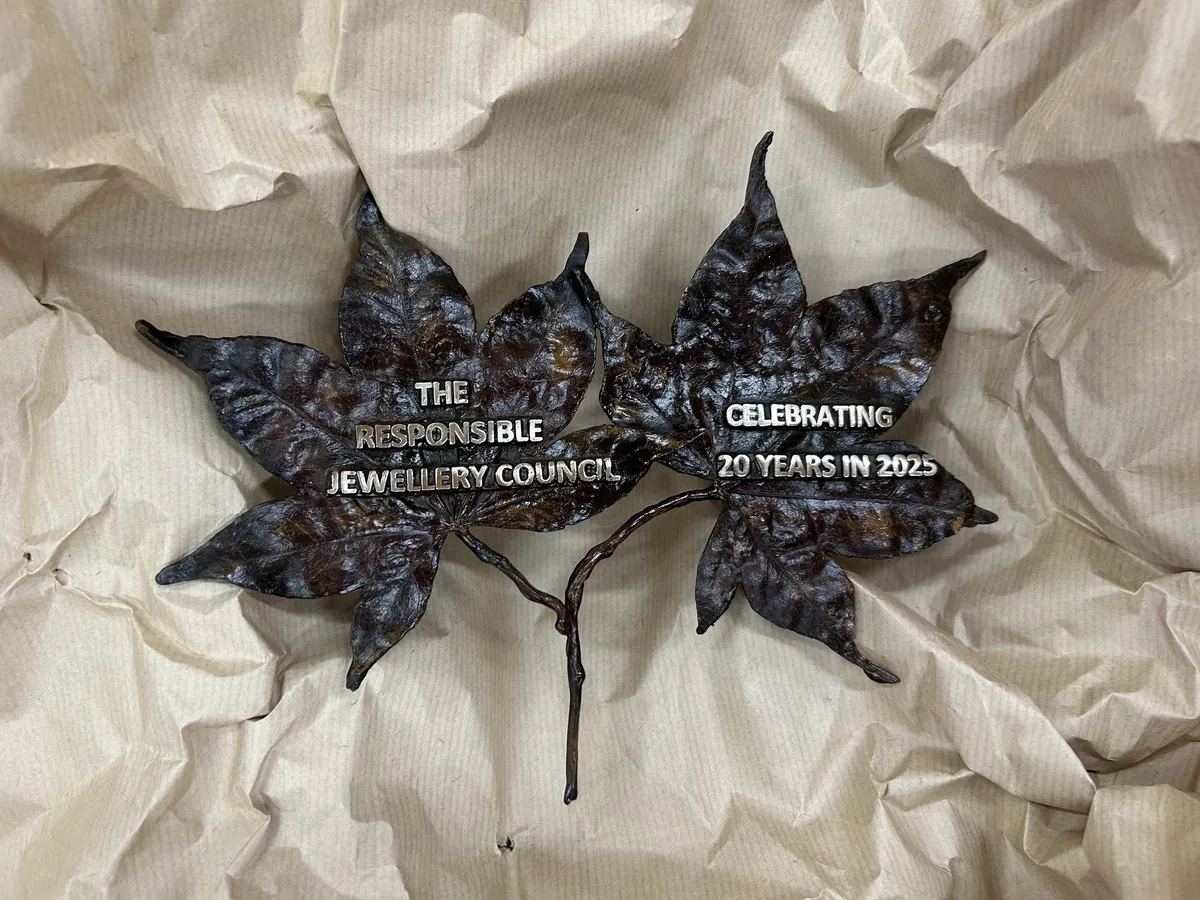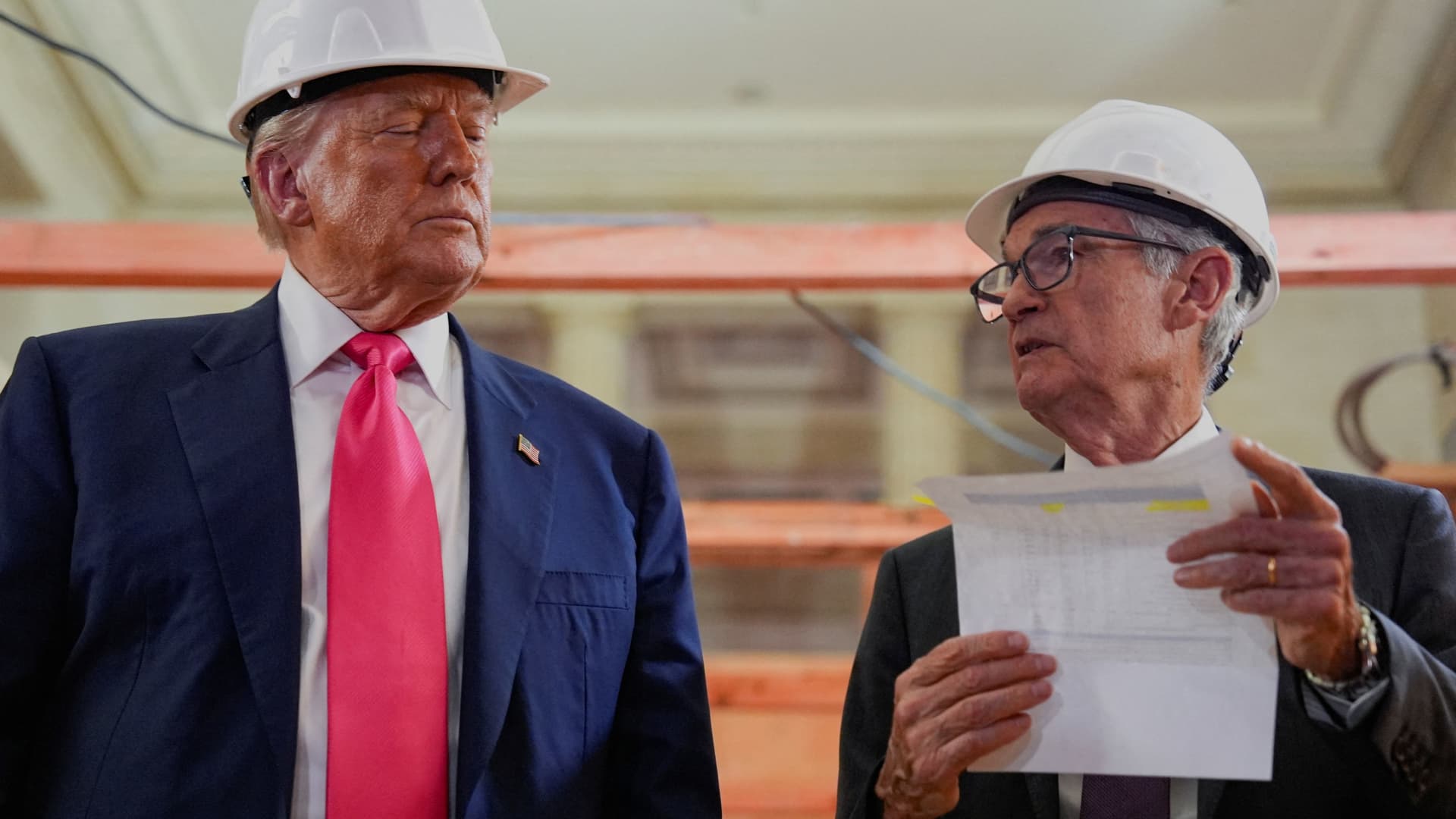By Kate Matthams,Senior Contributor
Copyright forbes

An ethically sourced bronze maple leaf sculpture that will mark where the RJC time capsule was buried for the 20th Anniversary at the Eden Project in the UK.
Responsible Jewelry Council
Kicking off today, the Responsible Jewellery Council’s (RJC) latest campaign has all the usual communications tools and glossy images needed to promote and educate around responsibility in the industry. But this time, there’s a difference: as the RJC marks its first 20 years, #LoveResponsibleJewellery is the organization’s first-ever global retail campaign, designed to strengthen consumer trust by demonstrating exactly what RJC members are doing to work towards a more sustainable, responsible and transparent jewelry industry.
“In today’s marketplace, transparency and ethical practices are no longer optional; they are expected,” explains Dave Meleski, the RJC Chairman, in an email. “Consumers want to understand the story behind their purchases: where materials come from, how they are sourced, and whether people and the planet are treated with respect throughout the process.” Meleski believes that the consumer is the final piece in the puzzle, enabling brands to “bridge the gap between certification and customer trust.”
A poster from the retail-focused #LoveResponsibleJewellery campaign.
Responsible Jewelry Council
As the jewellery industry’s leading standard-setting organization, the RJC has been working for the past 20 years to educate and promote responsibility, through certification, global standards and initiatives to drive responsible business practices at every stage of the jewelry supply chain, from mine to retail. The body was founded in 2005 with 14 organizations from across the industry, including Cartier, Jewelers of America, Rio Tinto and Zale Corporation. Today, the RJC represents an international community of over 2,000 members, in 74 different countries.
Described as a “milestone moment” by Meleski, the #LoveResponsibleJewellery campaign kicks off today with a Member Workshop. RJC retailers will find out how to use a specially designed communications kit to demonstrate their commitment to responsibility, sustainability and trust to their customers, raising awareness and reinforcing trust from the very people who have created such demand for responsible jewelry in recent years.
MORE FOR YOU
The RJC team burying a time capsule at the Eden Project in the UK, to mark the organization’s 20th anniversary.
Responsible Jewelry Council
“We want people to know that when they shop with an RJC member, they are supporting an industry committed to making a positive difference for communities, for the environment, and for future generations,” says John Hall, RJC Interim Executive Director, in a statement. The shift towards greater sustainability in the jewelry industry is widely believed to have been driven by consumer demand – 50% of jewelry consumers say they prefer to buy sustainably sourced jewelry – from a new, well-informed generation of customers who want to know where and how they jewelry was created, and at what cost to the planet and people involved.
Great strides have been made in responsibility and sustainability over the past decade. The RJC’s own work in strengthening chain-of-custody and transparency standards is driving a greater emphasis on traceability and ethical sourcing, industry-wide, while the Watch & Jewellery Initiative 2030, launched by Cartier and Kering, now comprises 72 influential industry organizations. Recycled gold now accounts for 27.5% of all gold supply and with big names like Pandora and Prada claiming 100% recycled gold, this figure is expected to rise. Driven by consumer demand, the tide now appears to be changing.
A poster from the RJC’s #LoveResponsibleJewellery consumer campaign, which kicks off today.
Responsible Jewelry Council
The moves comes as the RJC celebrates its 20th anniversary. In July, executives and stakeholders came together to bury a time capsule at the Eden Project in Cornwall, UK, containing mementos, documents and messages from RJC members to symbolize an ongoing commitment to ethical standards in the jewellery and watch industry. “This time capsule will serve as a reminder of our journey, the challenges we have faced, and the progress we continue to make toward ensuring a responsible and sustainable future for the jewellery industry,” said Hall, at the time.
“Retailers serve as the consumer-facing voice of our efforts, and the RJC Retail Campaign is designed to support them in delivering this important message,” finishes Meleski. “In doing so, technical compliance is transformed into a powerful value proposition, reinforcing not only product quality but also the values that today’s consumers increasingly seek to align with.”
Editorial StandardsReprints & Permissions



